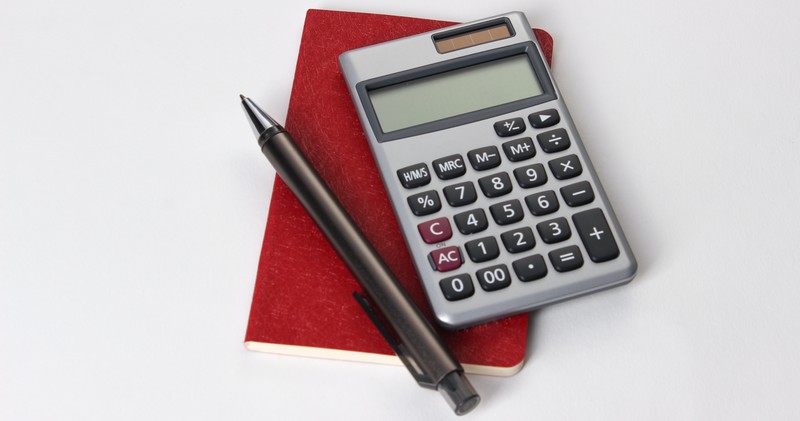If you’ve been anxious about your household budget lately, take heart: The federal budget very likely involved some truly stomach-churning decisions.
Why it matters: Interest rates are up, and many economists expect a recession or something close to it. That macroeconomic situation has had Finance Minister Chrystia Freeland talking about the need for fiscal responsibility after years of big-spending budgets.
- But as the government’s former economic policy advisor Tyler Meredith points out, this “posture of restraint” must be carefully balanced against a need for investment in key areas.
Here’s what to watch:
Healthcare. Remember those huge healthcare deals that the feds inked with the provinces last month? The cost will be factored into this year’s budget. NDP leader Jagmeet Singh has also said he expects more dental care spending as per his party’s deal to support the governing Liberals.
Cleantech. The feds want Canada to be a real competitor in the green transition and will likely focus resources on areas like battery tech and critical minerals. The government has already teased a tax credit for businesses to cover 30% of capital investment costs for manufacturing equipment in the sector.
Cost of living. The feds are expected to narrowly target affordability issues with things like a one-time “grocery rebate” (of between $234 and $467), and an effort to fight the so-called “junk fees” that get added to things like phone bills and concert tickets—we’re looking at you, Ticketmaster.
Bottom line: Canada’s deficit has come way down from $90.2 billion last year to an estimated $36.5 billion this year, and the feds predicted last fall that they would balance the books by 2028. But the economy is in worse shape now, and one unnamed official told the CBC to expect “to see the fiscal picture adjusted.”—AP
